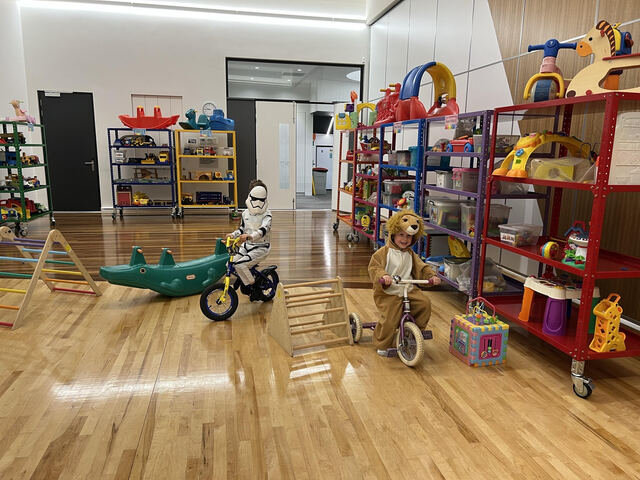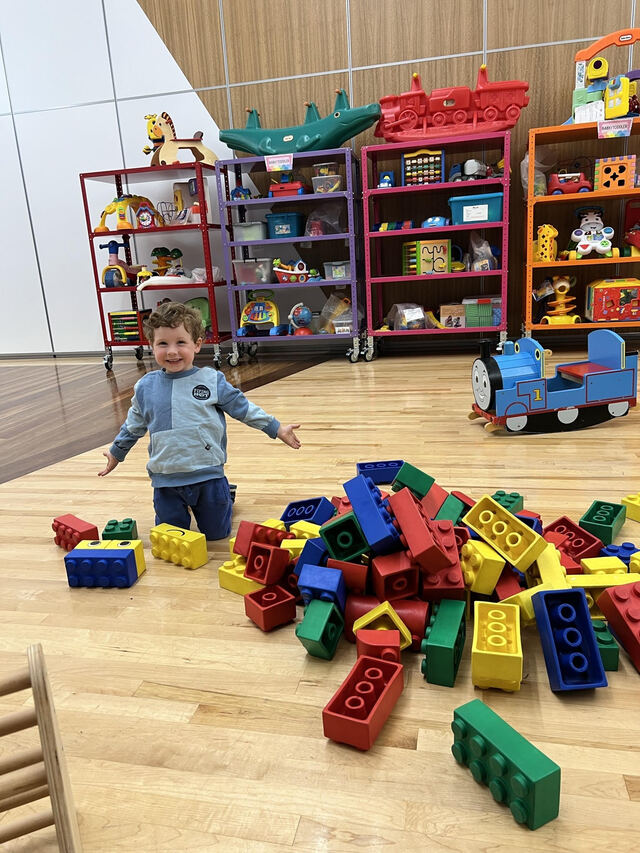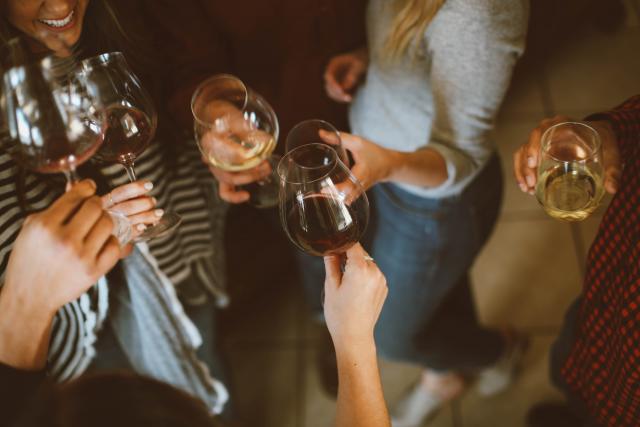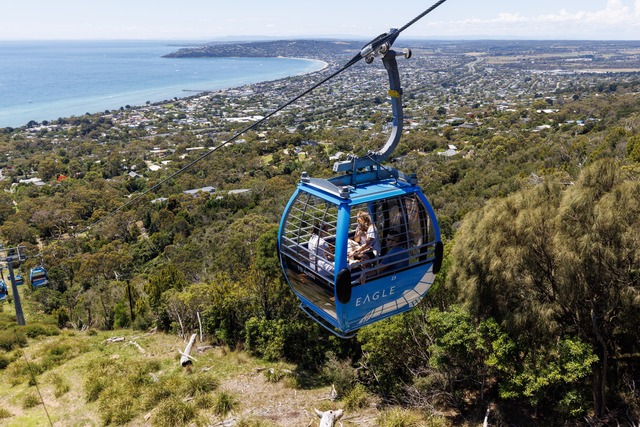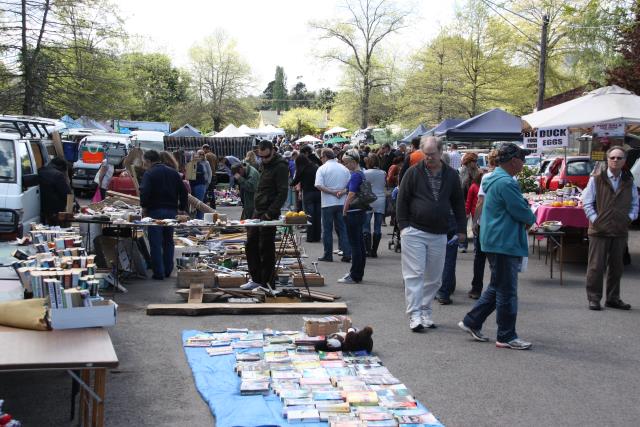Belgrave’s beloved not-for-profit Puffing Billy Toy Library, a favourite among children, has received funding for a new project to create a sensory and disability-friendly area for children with every need.
The toy library at the Hills Hub in Emerald is not just a typical library with toys; it is a supportive learning environment offering high-quality toys designed to foster the development of children and their families, providing a space to learn, have fun, and grow together.
Since the beginning of the year, the organisation has successfully secured $20,000 in grants, including $10,000 from the Victorian Education Department, $3000 from the Cardinia Foundation, and $6000 from the Cardinia Shire Council as part of the ‘well-being’ grant and $1000 from Toy Libraries Australia.
Puffing Billy Toy Library president Katie Holmes said $9000 of the total grant is set to cover the new toys and equipment as well as getting some potential play-based therapists once a month to work with children.
“Our goal with that grant is to purchase high quality, multifunctional toys, which will assist with social and emotional regulation, gross motor skills, fine motor skills, and physical development,” Ms Holmes said.
“We’ll also going to be borrowing specific language tools to enhance communication – hopefully it caters for a huge range of children, including kids with Attention deficit hyperactivity disorder (ADHD), Autism spectrum disorder (ASD), children with hearing problems, speech problems, and children who struggle to emotionally and socially regulate.”
The community-based library is operated by dedicated volunteer parents from the surrounding hills district.
“We will be involving the community a little bit, hoping to necessitate foundations for childhood play therapy to run like a parent information session,” she said.
“We’ll have an occupational therapist visit once a month to consult with families when choosing the appropriate equipment, as well as welcoming children bringing their own therapist, if they would like to have their toys with their therapists.”
Ms Holmes said the grant will allow families with children who have disabilities or special needs to test out toys before buying them, as many of these toys can be quite expensive.
“Families are told by their child’s therapist that they need to try this toy, they have no other option but purchase it, and they’re not cheap either, the new sensory and disability project will help families to try things for a couple of weeks, and if it works for them, then they can purchase it and If it doesn’t work then they haven’t really lost anything,” she said.
She said the new-upcoming project will allow all children to feel part of the community.
“We will be able to build integral links within the community, especially with the disability sector, as well as reducing our environmental impact by not having people to purchase new toys and it will provide financial relief for some families as well,” Ms Holmes said.
To be part of some of the most expensive toys in the world, there’s a $50 membership fee per year per child—which is less than 99 cents a week.
“It will provide children with disabilities to feel inclusive and safe and allows families to feel welcome and supported and they’ll be able to come in and meet other families with children who have similar needs,” she said.
“We’ll be providing them with education opportunities as well as putting videos on our social media on how to utilise all the different disability toys and the different ways it can be modified to suit children with all abilities – because we know one toy won’t necessarily be for a child with emotional regulation issues, it will show how it can be utilised in a number of different ways.”
Ms Holmes said the organisation was on the verge of closing the old committee after covid, but things changed for the better.
“We moved during covid, and the previous committee had more children and moved away, since I took over in November last year, we’ve been buying new toys and repackaging everything and updating our storage systems, which was very outdated,” she said.
“By opening a disability and sensory section, we will be completed – an inclusive toy library for all children and all families.”

